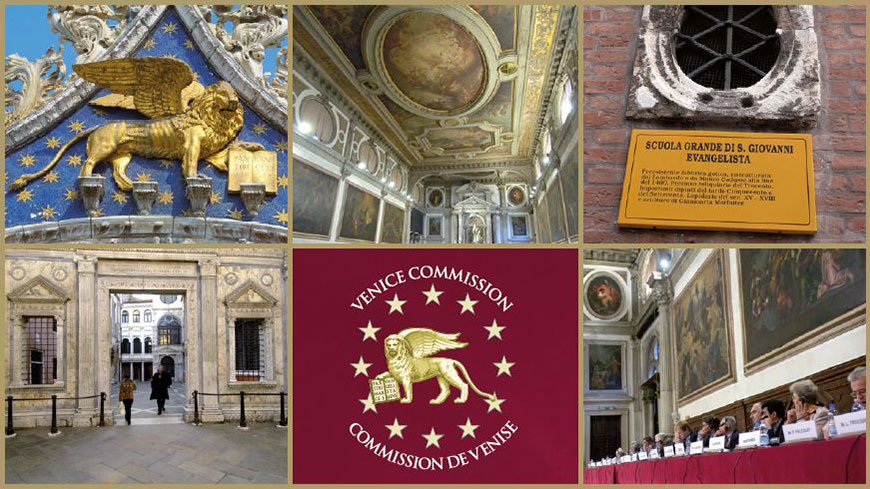The Venice Commission in its urgent opinion welcomes the amendments to the Organic Law of Georgia on Common Courts, which have taken into account several of its previous recommendations. Nevertheless, there are a number of outstanding recommendations that should be considered in order to ensure even greater clarity of the legislation, transparency and fair treatment for all candidates.
As far as shortlisting and voting are concerned, the Venice Commission has praised the amendments explicitly mentioning the principle of equal treatment of candidates, shortlisting only candidates who have achieved the best results, and disclosing the identity of the voting members of the High Council of Justice (HCoJ). While voting as such is imperfect, as it is difficult to base an efficient merit-based appointment on a voting procedure, the level of transparency now proposed together with an appeal process should be of some help, the Venice Commission notes.
As for the appeal mechanism, the Venice Commission welcomes that decisions by the HCoJ are now open to further appeals to the Qualifications Chamber of the Supreme Court. The Venice Commission, however, repeats its earlier recommendation to consider modifying the composition of the HCoJ that would take a new (second) decision on the same candidate after the appeal to the Supreme Court’s Chamber has taken place. Besides, the appointment procedure should be stayed until the Chamber renders its decision. These recommendations are made to ensure a meaningful right of appeal, the Venice Commission says.
The current situation where the Georgian authorities wish to retain the ongoing competition under which initial interviews already took place under old rules, and the new interviews will be governed by new rules, “needs to be handled with great care, as it raises a major concern of quality of treatment of candidates”. To ensure that there is an equality of treatment of candidates, the selection procedure may need to be restarted, the Venice Commission recommends.
The opinion was requested on 8 April 2021 by the Speaker of the Parliament of Georgia.
This opinion was prepared under the Quick Response Mechanism (QRM), in the framework of the European Union/Council of Europe joint programme Partnership for Good Governance, funded by the European Union and the Council of Europe and implemented by the Council of Europe.





